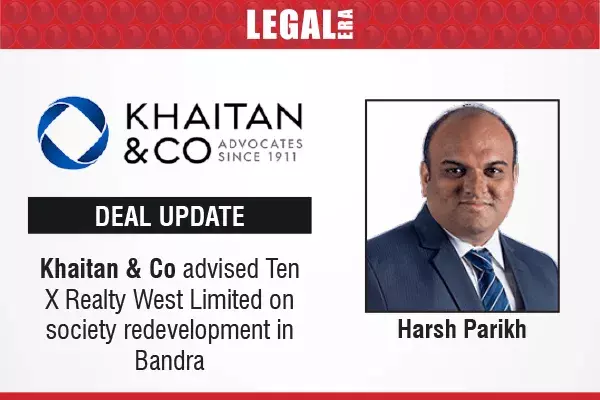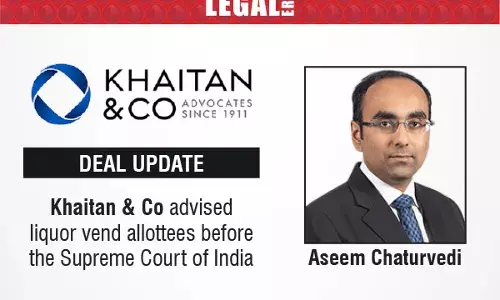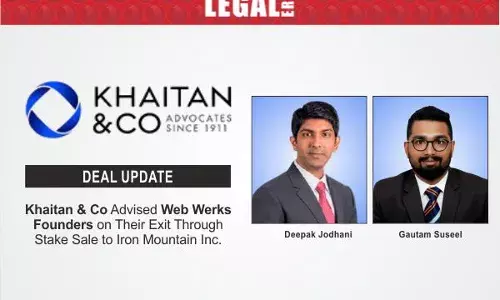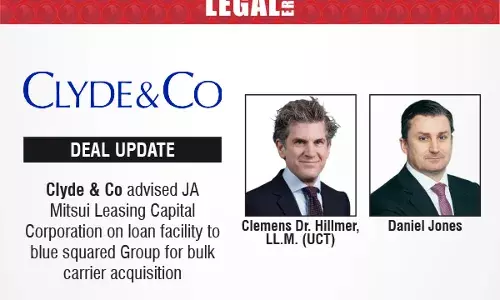New SEBI norms give more fund-raising flexibility to stressed firms
Markets regulator Securities and Exchange Board of India (SEBI) has introduced a new set of amendments in its preferential share issuance norms following which Promoters of stressed companies will get more flexibility in attracting investors and the process of determining the right price for assets would become easier.According to market experts, the new guidelines enhance flexibility....
Markets regulator Securities and Exchange Board of India (SEBI) has introduced a new set of amendments in its preferential share issuance norms following which Promoters of stressed companies will get more flexibility in attracting investors and the process of determining the right price for assets would become easier.
According to market experts, the new guidelines enhance flexibility. The promoters and promoter group entities would be able to attract investors for their companies rather than the entity becoming completely dispossessed as under the Insolvency and Bankruptcy Code (IBC) framework. Further, according to experts, the amendments would also facilitate promoters get financial investors on board without losing control of the company. Even if they are investors who wish to take control, they could end up with a continuing role in the company which may be diluted but not completely removed. Therefore, due to such flexibility, promoters may prefer restructuring through these guidelines as a better and faster alternative than going through IBC, the experts added.
SEBI, on June 22, introduced guidelines relaxing pricing and open offer requirements to enable easier fund raising through preferential allotment by stressed listed companies.
In order to ensure that the relaxations can be availed by genuinely stressed companies, SEBI has laid down clear criteria for a company to qualify as a ‘stressed company’. Moreover, adequate safeguards have also been put in place in terms of restricting persons who are eligible to participate, end-use disclosures, restrictions and monitoring, lock-in requirements, certification by audit committee and statutory auditor etc.
Earlier, before these guidelines were issued, the SEBI regulations provided exemption from preferential issue pricing and open offer requirements only for those companies whose resolution plan was approved under the IBC, but now a wider pool of companies can get these benefits.
The recent guidelines make fund raising through preferential issue easier for even those companies which are actually stressed but have not gone under the IBC framework.
Experts say that most of the companies prefer restructuring outside the IBC framework, especially in view of delays, associated litigations, clogging of the cases in the National Company Law Tribunal (NCLT) etc. and these relaxations would immensely benefit such companies. The new rules also extend the benefits to companies under ongoing IBC suspension for six months.
In view of the recent COVID situation, corporate insolvency resolution filing under IBC has been suspended for six months for any debt defaults post March 25, 2020. Therefore, many companies and lenders would not be able to utilise the restructuring framework under the IBC during these 6 months even if they wish to do so.
According to market analysts, the IBC prevents promoters and promoter group entities from participating in the restructuring of the company through various provisions. In this context, SEBI’s guidelines are harmonious with IBC guidelines by not permitting promoters and promoter group entities to participate in the preferential issue either by way of infusing of funds or voting or utilisation of the proceeds.
At the same time, the new guidelines provide flexibility to the promoters/ promoter group entities to attract investors for their companies rather than becoming completely dispossessed as under the IBC framework.
SEBI has also incorporated necessary safeguards to prevent any misuse of the flexibility given under new norms which are as follows –
1. Promoters and promoter group entities have been barred from participating in the issue. As a result, the potential for misuse is reduced to a great extent.
2. Both the pricing and open offer resolution by has to be approved by a majority of minority which ensures that promoters and promoter group entities cannot participate in voting on this issue and therefore cannot influence the decision thereof.
3. Since the proceeds should not be used for any repayment of loans taken from promoters/ promoter group/ group companies, it can be ensured that the funds raised are actually used for the benefit of the company and not indirectly for the promoters and related entities.
It is to be noted that these safeguards do not stop promoters and promoter group from infusing funds into stressed company at the prevailing market prices.









